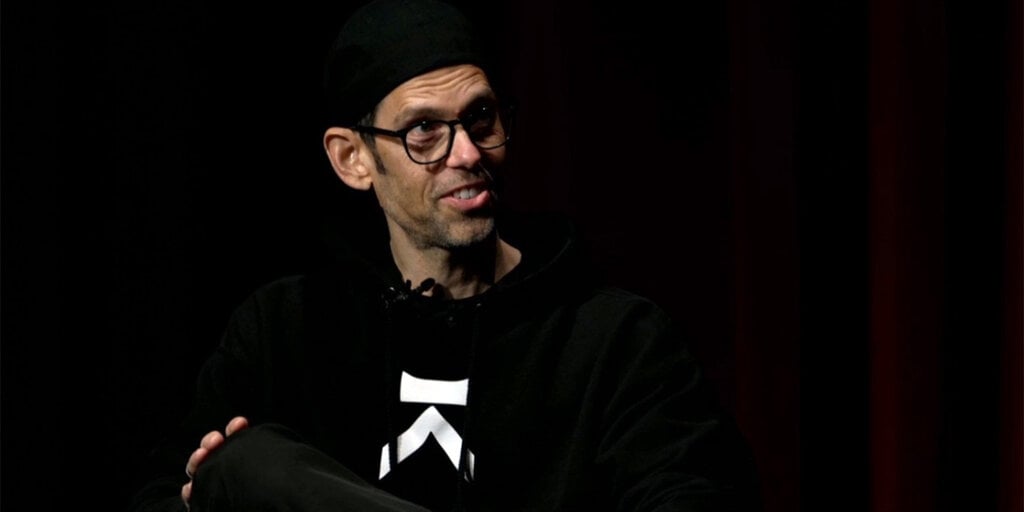Artificial Intelligence and Blockchain Convergence at VanEck Blockchain Conference
Artificial intelligence and its integration with blockchain technology were major focal points at the annual VanEck Blockchain Conference held in Los Angeles. Tom Bilyeu, the mind behind the Project Kyzen 3D avatar and game platform, emphasized the significance of proof of authenticity in the wake of AI-generated deepfakes.
Bilyeu expressed concern about the escalating threat of AI deepfakes leading up to the 2024 election, highlighting a recent incident where an AI-generated deepfake impersonated MicroStrategy’s Michael Saylor. He stressed the importance of leveraging AI-based watermarking and blockchain technology to establish irrefutable proof of authenticity.
The Biden Administration has acknowledged the severity of AI-generated deepfakes and announced plans to implement digital watermarks and cryptography to combat misinformation and deception.
Project Kyzen and Impact Theory Ventures
Tom Bilyeu, a prominent web3 game developer and wellness entrepreneur, co-founded Impact Theory with his wife Lisa in 2016 following the sale of Quest Nutrition for an estimated $1 billion. The Impact Theory YouTube channel has amassed over 4 million subscribers.
In December 2021, Impact Theory introduced “Founders Keys” NFTs to raise capital in exchange for ownership stakes. Despite facing legal challenges from the Securities and Exchange Commission (SEC) and settling with a $6 million fine, the venture continues to innovate and thrive.
Project Kyzen, spearheaded by Bilyeu, offers a cutting-edge digital platform featuring evolving game elements and immersive 3D avatars. The project team comprises seasoned professionals from Riot Games, Disney, and Bank of America.
The Battle Against Plagiarism in AI Development
Since the launch of OpenAI’s GPT-4, developers of generative AI models have encountered accusations of plagiarism and copyright infringement. OpenAI faced legal action from the New York Times in December for allegedly using millions of articles to train AI models without authorization.
Addressing the need for accountability and transparency in content creation, Bilyeu emphasized the potential of blockchain technology as a secure digital ledger. He proposed utilizing blockchain to establish ownership rights, track content origins, and safeguard intellectual property.
Furthermore, Bilyeu underscored the role of blockchain in creating scarcity to uphold the value of digital assets and bridge the gap between physical and virtual realms. By implementing blockchain-based rights management systems, ownership verification and asset distribution can be streamlined and safeguarded.
Image/Photo credit: source url





